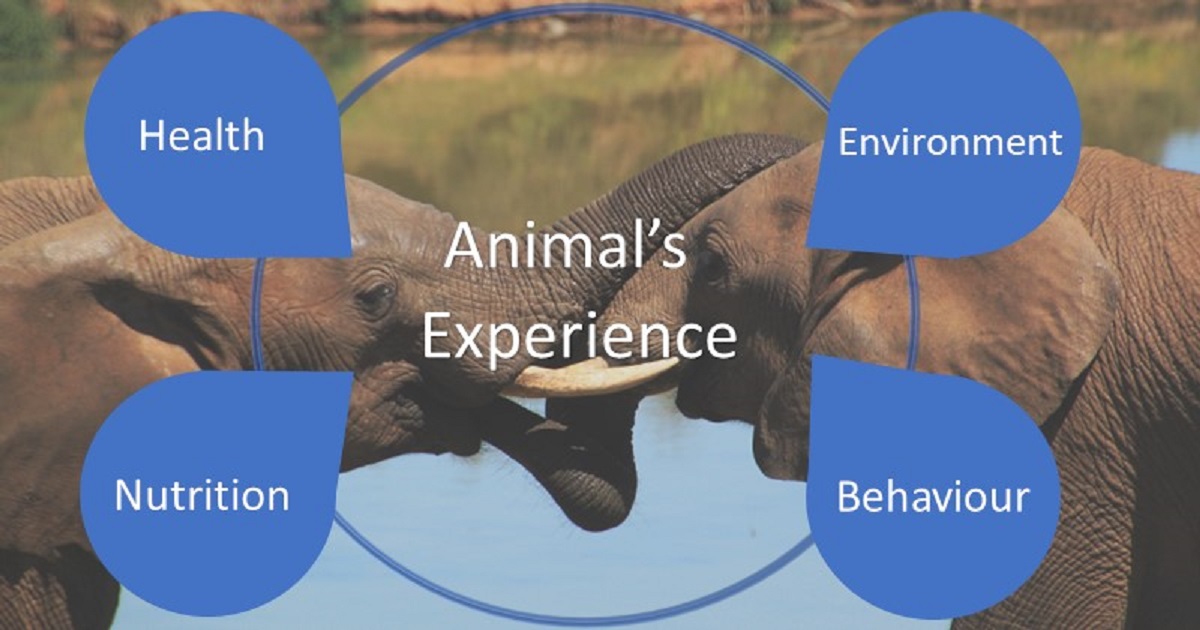The Impact of Infectious Diseases on Animal Welfare
A special issue of Animals (ISSN 2076-2615). This special issue belongs to the section "Animal Welfare".
Deadline for manuscript submissions: closed (1 January 2024) | Viewed by 460

Special Issue Editors
Interests: animal welfare; environmental science; animal neuroscience; animal behaviour
Special Issues, Collections and Topics in MDPI journals
Interests: veterinary medicine; parasitology; farm animal welfare; agriculture
Special Issue Information
Dear Colleagues,
It is widely recognised that an animal’s mental experience, or welfare, is influenced by external and internal factors relating to the animal’s health, nutrition, environment, and behaviour. Infectious diseases can pose a significant threat to animal welfare, but in managed care environments such as farms, zoos, and wildlife parks, the mandate to prevent the spread of infectious diseases is often embraced without full consideration of the welfare implications for animals. It is safe to assume that a clinically sick animal experiences various dimensions of compromised welfare due to physiological manifestations of the disease. However, the prevention of infectious diseases often requires the enforcement of protective measures on animals, which may limit other aspects of welfare. The tradeoff that animal welfare practitioners must make on behalf of the animal is whether any compromises to animal welfare to prevent infectious diseases are justified by preventing possibly worse welfare outcomes associated with poor health. Such tradeoffs would be better informed by a deeper understanding of the animal’s mental experience during both the prevention and manifestation of infectious diseases.
For this Special Issue, we welcome manuscripts that consider the effects of infectious disease prevention or manifestation on animals’ mental experiences, or welfare. We encourage authors to consider how tradeoffs in animal welfare should be managed when they are necessary for the purposes of disease control or long-term welfare benefits to the animal.
Dr. Jill Fernandes
Dr. Johann Schröder
Dr. Claire Madden
Guest Editors
Manuscript Submission Information
Manuscripts should be submitted online at www.mdpi.com by registering and logging in to this website. Once you are registered, click here to go to the submission form. Manuscripts can be submitted until the deadline. All submissions that pass pre-check are peer-reviewed. Accepted papers will be published continuously in the journal (as soon as accepted) and will be listed together on the special issue website. Research articles, review articles as well as short communications are invited. For planned papers, a title and short abstract (about 100 words) can be sent to the Editorial Office for announcement on this website.
Submitted manuscripts should not have been published previously, nor be under consideration for publication elsewhere (except conference proceedings papers). All manuscripts are thoroughly refereed through a single-blind peer-review process. A guide for authors and other relevant information for submission of manuscripts is available on the Instructions for Authors page. Animals is an international peer-reviewed open access semimonthly journal published by MDPI.
Please visit the Instructions for Authors page before submitting a manuscript. The Article Processing Charge (APC) for publication in this open access journal is 2400 CHF (Swiss Francs). Submitted papers should be well formatted and use good English. Authors may use MDPI's English editing service prior to publication or during author revisions.
Keywords
- animal welfare
- infectious diseases
- disease control
- animal-centric decision-making
- tradeoffs
- applied ethics
Benefits of Publishing in a Special Issue
- Ease of navigation: Grouping papers by topic helps scholars navigate broad scope journals more efficiently.
- Greater discoverability: Special Issues support the reach and impact of scientific research. Articles in Special Issues are more discoverable and cited more frequently.
- Expansion of research network: Special Issues facilitate connections among authors, fostering scientific collaborations.
- External promotion: Articles in Special Issues are often promoted through the journal's social media, increasing their visibility.
- Reprint: MDPI Books provides the opportunity to republish successful Special Issues in book format, both online and in print.
Further information on MDPI's Special Issue policies can be found here.







